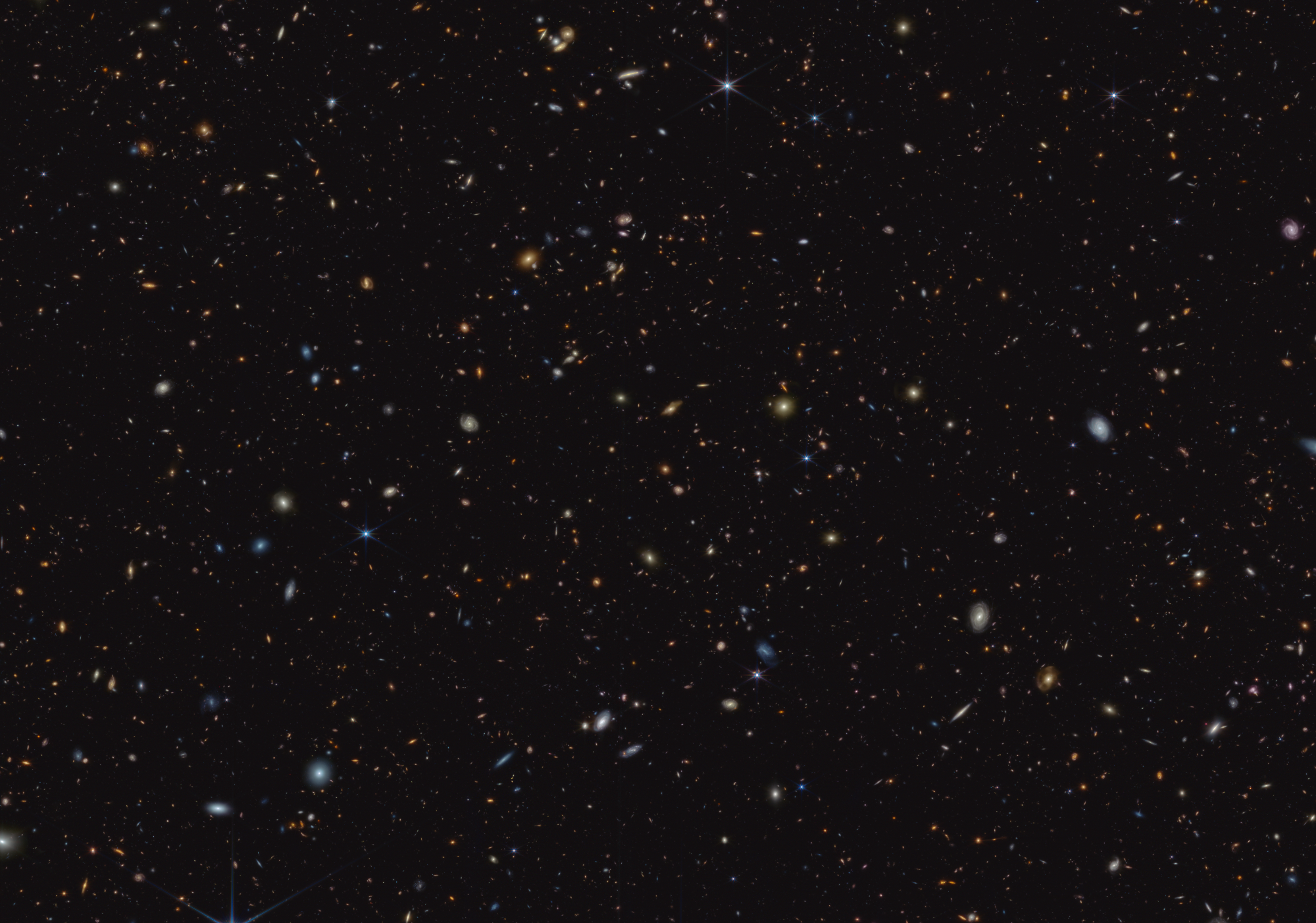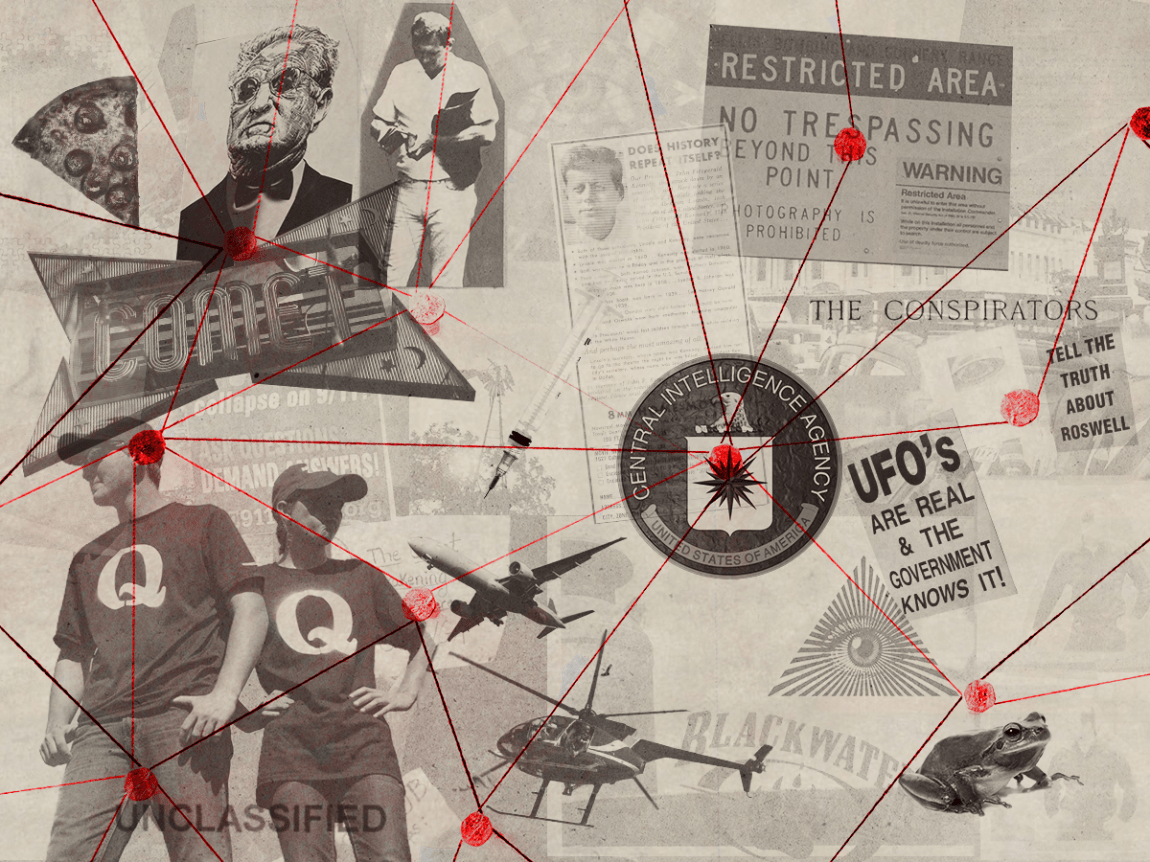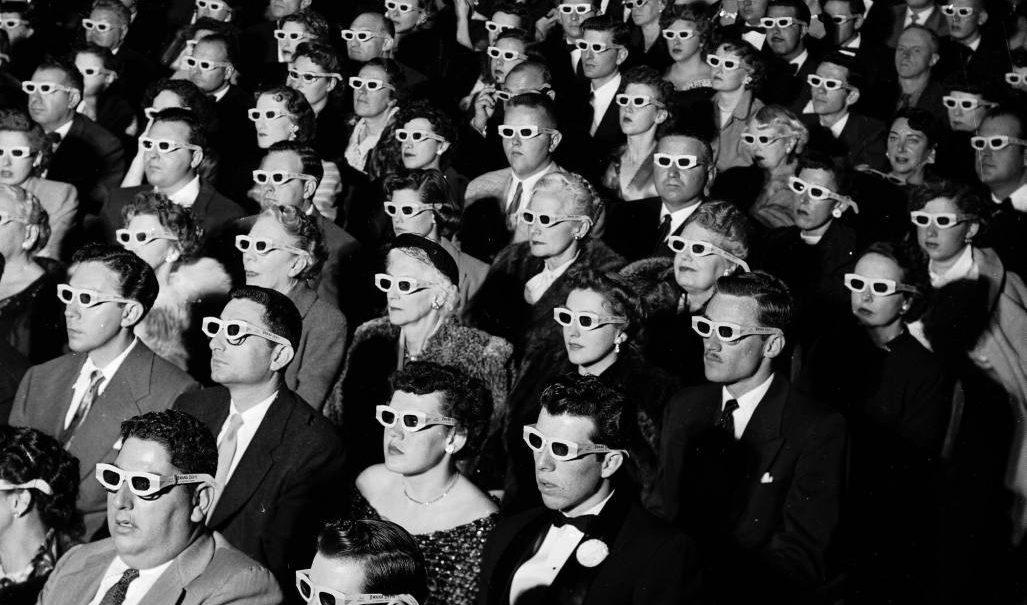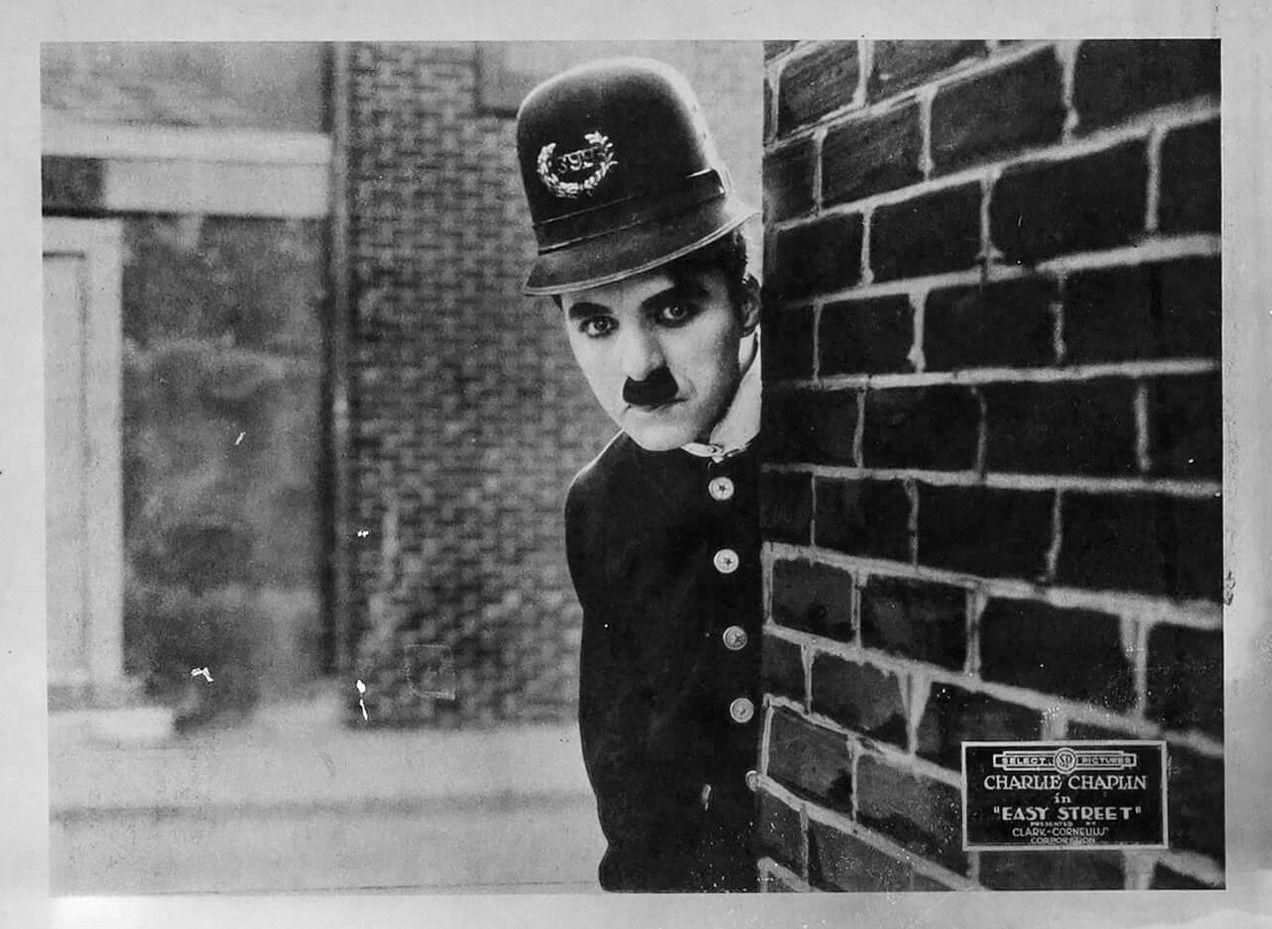A. Mark Liddle (1993) Gender, Desire, and Child Sexual Abuse: Accounting for the Male Majority. Theory, Culture & Society, Vol. 10,SAGE: London, Newbury Park and New Delhi, p. 103-126. URL: https://immerautonom.noblogs.org/files/2023/04/liddle1993.pdf Alana Queer (2025) Abolishing the family: A survivor’s perspective. Freedom News [Blog]. Machine translation. URL: https://freedomnews.org.uk/2025/05/20/abolishing-the-family-a-survivors-perspective/. The original text in Spanish: Abolir la familia, […]
Category: Critical Sociology
Beyond Empty Words: Disempowerment & Abolishing Manhood
This is section 3 of Down With The Cisness: Betrayal To Manhood is Loyalty to Humanity. See the intro here. As a conclusion, let me rewind to the words from He-Yin Zhen that I quoted at the start of this text. What she pointed out is that for the most part even progressive cishet men who […]
“Won’t Somebody Think of the Poor Cis Men?”: Anti-Feminist Backlash in Fascist Times
This is section 2 of Down With The Cisness: Betrayal To Manhood is Loyalty to Humanity. See the intro here. What we’ve seen in the West in the past decade especially, is a reactionary and fascist(ic) backlash against gender non-conforming as well as feminism. There’s been a coordinated and violent political movement to strip back the […]
Defining Patriarchy as a System of Domination
This is section 1 of Down With The Cisness: Betrayal To Manhood is Loyalty to Humanity. See the intro here. You’ve probably noticed that I’ve used class above to refer to cishet men as a group. While this might anger some dogmatic marxists in the crowd, this is a banal category in feminist literature, from He-Yin Zhen […]
Down With The Cisness: Betrayal To Manhood is Loyalty to Humanity – Introduction & PDF
Feminism, in its best instances, is a burning prison: an insistence that life can be worth living and that every person’s pleasure matters. It is, too, the practices that make life livable, wresting care free from the market; freely distributing bread, roses, and hormones; desegregating the generations; bailing mamas out of detention; disempowering rapists in […]
Conspiracism, Denialism & The “Danger of Incomplete Critique”
Conspiracy theorists erase the human aspect of history. My child — who lived, who was a real person — is basically going to be erased. Lenny Pozner, father of one of the Sandy Hook Elementary School shooting victims. As interesting as exploring the crazy and sometimes quirky world of the things and batshit alternative histories […]
Notes on Media Ecology, Disinformation & Propaganda, Pt. III: Geopolitical Propaganda & “Multipolar” Confusionism
I’ve already mentioned imperialist and militarist propaganda: those are part of and intertwine with geopolitical propaganda more generally. In this modern world-system built on social hierarchies, state/colonial violence and the “uneven and combined” geography of capital, so-called geopolitics/international politics is merely the sphere of the cruel and Machiavellian competition and interactions between the representatives/agents of […]
Notes on Media Ecology, Disinformation & Propaganda, Pt. III: The Culture Industry & The Spectacle
As I mentioned in the previous section, I’m not familiar enough with the critical discussions/literature on the “culture industry”, the “spectacle” and modern culture/art (Friedriech Kracauer, György Lukács, Theodor Adorno, Walter Benjamin, Bertol Brecht, Guy Debord and the Situationists, Roland Barthes, Oskar Negt/Alexander Kluge, Raymond Williams, Stuart Hall, Fredric Jameson, etc.) to get into an […]
Notes on Media Ecology, Disinformation & Propaganda, Pt. III: Influencers, Religion/Cults, Quackery and Scams
Religious and cultic propaganda certainly cannot be overlooked, insofar as both religions and specific cults like Scientology or the Moonies, have developed and always rely on extensive systems of both internal and external propaganda. The internal front refers largely to relational and ideological indoctrination within the groups or institutions, while the external PR front slanders […]
Notes on Media Ecology, Disinformation & Propaganda, Pt. III: Copaganda
One of the most disgusting forms of propaganda is the ideological/cultural glorification and legitimization/rationalization of policing, often referred to as copaganda. This is something that E. P. Thompson already noted more than fourty years ago (and doubtless, many poor and oppressed people decades before that): Without using the term copaganda, historian E.P. Thompson in the […]





